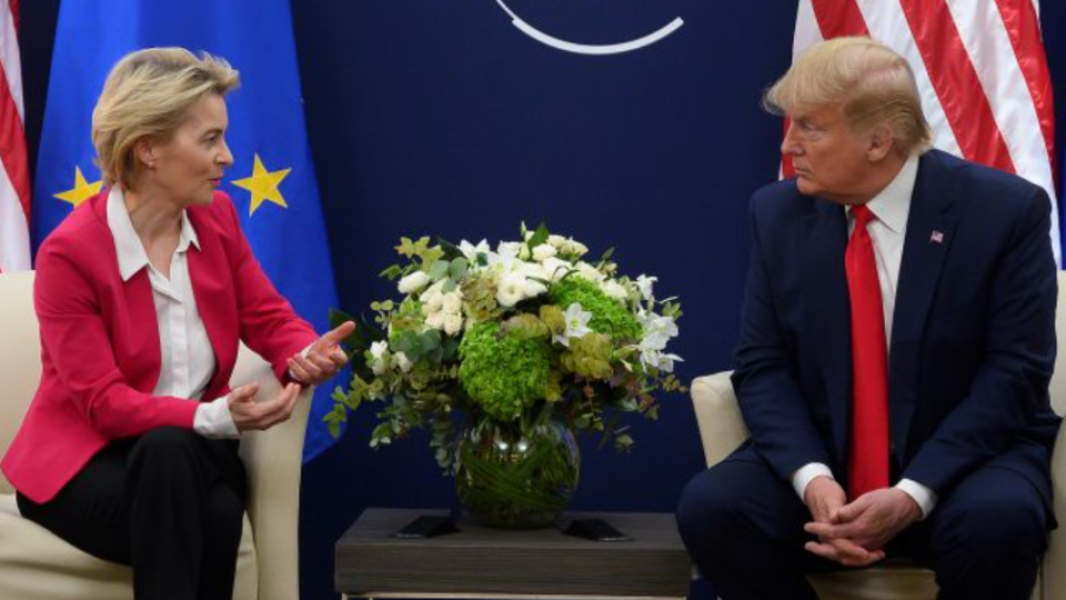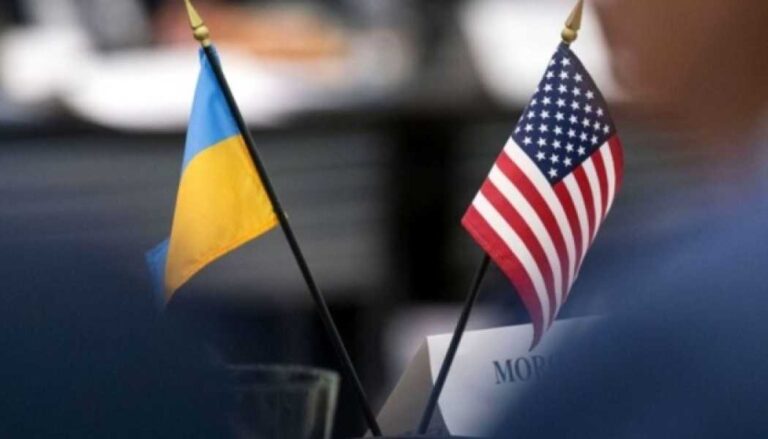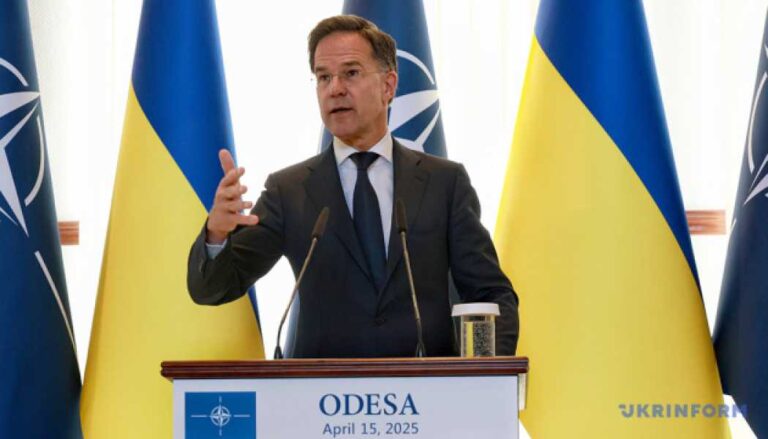Trump's Tariff War: A Precise Calculation or a Harbinger of the End of US Global Domination

This is not just an economic issue. Trump's tariffs will have a negative impact on transatlantic unity and call into question the US's global leadership.
Ukrinform has already reported on the waves of economic turmoil caused by Donald Trump’s escalating trade war. But the real storm they have unleashed is also raging across the entire historical landscape, threatening to upend the established world order. These tariffs are not just trade barriers, but powerful geopolitical “pulses” that will hit long-standing alliances hard, undermine strategic efforts to contain China, and expose strange paradoxes in the treatment of allies and adversaries. Read on to find out what’s behind this epic storm, how it is affecting the fragile US alliance with Europe and NATO; how it is changing the dynamics of the US confrontation with Beijing; the dubious logic behind Trump’s decision to punish Ukraine with 10% tariffs while excluding Russia, since US sanctions already “rule out all meaningful trade”; and how destructive this tariff policy could be for the global political standing of the United States itself.
THE TRANSATLANTIC RIFT AND THE SHADOW OVER NATO
The United States' closest allies in the Era were directly targeted by tariffs, putting transatlantic unity to the test. Experts are unanimous in their assessment of the negative consequences of these measures.
Igor Reiterovich, Director of Political and Legal Programs at the Ukrainian Center for Social Development, is frank in his assessment: “It is obvious that there will be an impact, and unfortunately, it is unlikely to be positive. Many partner countries and allies of the United States view such actions as unfriendly and sometimes even completely unfounded. When Donald Trump tries to apply protectionism in a globalized economy, it looks, at the very least, strange.” The expert describes in detail the inevitable consequences that will not take long to appear: “Such actions will inevitably lead to an aggravation of relations, at least for a certain time. Other countries will be forced to reconsider their views on the United States, and it is quite possible that we will witness new trade wars. This, in turn, will lead to disastrous consequences – statements, accusations, diplomatic tensions.” There is a risk that the economic conflict will negatively affect other areas of cooperation: “It is possible that this could ricochet into transatlantic relations, in particular, in the context of support for Ukraine. After all, despite Trump’s attempts to present tariffs as a purely economic measure, in a globalized world, politics and economics are closely intertwined.” At the same time, Mr. Reiterovich does not rule out that this is Trump’s specific negotiating tactic: “It can be assumed that Trump is guided primarily by political motives. This is his strategic move: to create a conflict situation, and then use it as a bargaining lever, like, let’s sit down at the negotiating table, and maybe we will reduce tariffs if you make concessions. This is a kind of businesslike approach to alliances.”
Chairman of the Board of the Center for Applied Political Research “Penta” Vladimir Fesenko comments: “This will certainly have a negative impact on the US relations with the Era, in particular with the EU. Critical reaction from the EU is already coming.”
The expert notes that the Europeans were to some extent prepared for such a turn of events: “There have already been numerous signals from President Trump and his administration about a negative attitude towards the Era and the Eurasian Union. This includes the speech of US Vice President J.D. Vance at the Munich Security Conference in mid-February, and public statements by Elon Musk, and much more. A trade war between the US and the EU has also just been declared.”
Mr Fesenko emphasises Trump’s pragmatism: “It shouldn’t be surprising. Trump has no friends in business and economics. In particular, the tariffs were imposed on Israel despite the very close political ties between Trump and Netanyahu, as well as between the US and Israel.” As for NATO, the analyst makes a clear distinction: “With NATO, the situation is a little different. Here we are no longer talking about tariffs, but about defence spending… US Secretary of State Marco Rubio is currently working with the Europeans to calm their fears, stating that the US will not leave NATO, at least in the short term, but will require the Europeans to increase their defence budgets and take their share of responsibility for Europe’s security. And this is actually reasonable. But what will happen next in US-NATO relations is anyone’s guess. Various scenarios are possible under Trump.” In other words, transatlantic security is one thing, and trade interests are quite another.

Petro Yeschuk, research fellow, associate professor at the Taras Shevchenko National University of Kyiv, emphasizes the destructive impact of Trump's “tariffs” on the unity of the West: “Not only the US's gay competitors have suffered, but also their long-standing partners and allies. Thus, the unity of the West is simply being destroyed.” The expert suggests that this could be the beginning of a global conflict
Source: ukrinform.net



